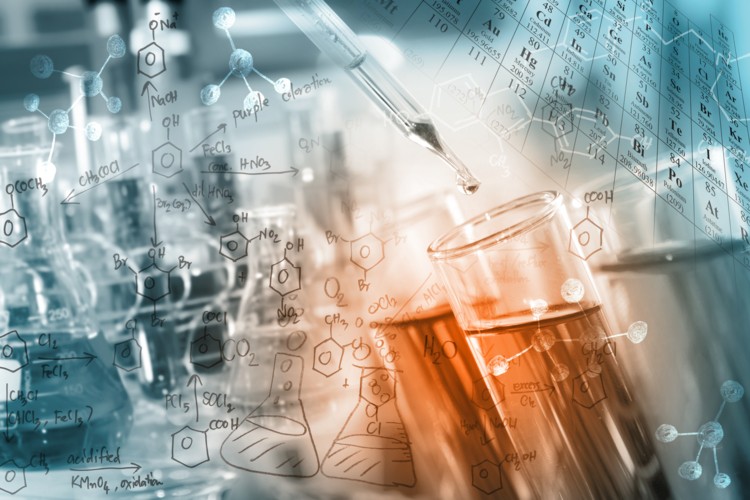
2019 a difficult year, associations say
Submitted by:
Andrew Warmington
The European Chemical Industry Council (CEFIC), the American Chemistry Council (ACC) and Germany’s Verband der Chemischen Industrie (VCI) have all released year-end figures indicating a decline in chemical production this year. Similar trends are expected for 2020.
CEFIC said that it expects chemical production in the EU to have declined by 1% from 2018 to 2019. Slower global economic growth, political uncertainty around Brexit and ongoing trade conflicts all had impact, while the automotive and appliances sectors saw much reduced demand, although construction demand was up 2.5%.
Production should be about the same in 2002. “While rising real incomes should keep demand in manufactured goods stable, the continuous political uncertainty and hostile trade environment are unlikely to promote significant growth,” the association said.
Added René van Sloten, executive director of industrial policy: “Our competitive advantage and future growth could come from specialised, higher-value-added products and solutions for a climate neutral and circular economy if we have the right EU policy framework and sufficient support for innovative chemistry in place”.
Germany, the EU’s largest producer saw a 7.5% fall in chemical-pharmaceutical production and a 5.0% fall in sales to €193 billion, the VCI said. This was largely down to the pharma sector; for the rest, production was 2.5% down. Volumes were lower in most sectors, with detergents and personal care products a notable exception.
“The global economic downturn and the trade disputes between China and the USA adversely affected the industry’s foreign business both overseas and in Europe – while the domestic demand for chemical products from industrial customers decline,” the VCI said.
For 2020, a slight (0.5%) increase in production is forecast, but VCI President Hans Van Bylen said: “At present, our member companies do not expect their business to improve in the next months. The weak economic momentum will continue well into the coming year. Foreign markets are also unlikely to provide any strong impetus for a trend reversal in the chemical industry.”
The industry, he added, “wants to step up its efforts in the fields of innovation, digitalisation and sustainability – to be prepared for economic fluctuations or adverse political framework conditions and to secure its future [in] Germany”. To this end, shorter approval procedures, lower company taxation and reduced bureaucratic costs are all “important to set a political course for more investments” and the VCI called for more action on from the federal government and the EU.
The ACC’s Year-End 2019 Chemical Industry Situation & Outlook, finally, found that the US chemical production, excluding pharmaceuticals, “expanded at a slower pace in 2019 due to trade challenges and slower growth in several key end-use markets for chemistry”. The weak automotive market was a significant marker of this.
Production is expected to end the year only 0.6% up, in line with general slowness in industrial output. It will slow further to 0.4% in 2020 before accelerating in 2021, due to weakness in global manufacturing and uncertainty in trade policy … On the other hand, output from new capacity linked to the shale gas advantage will provide tailwinds,” the ACC said.
Both exports and imports of chemicals and goods containing them contracted sharply in 2019, by 2.5% and 3.9% respectively. ACC chief economist Kevin Swift attributed this to “slowing growth prospects across much of the globe and rising trade tensions”. However, like its counterpart in Germany, the US chemical industry still continues to add jobs.
The speciality chemicals sector – mainly agrochemicals and coatings in the ACC definition – bucked the trend, with some sectors growing by 2.6% on 2018. There was a downturn in late 2019, however, and a 0.4% decline in production is forecast for 2020 as end-use market demand eases further and energy investment falls.
